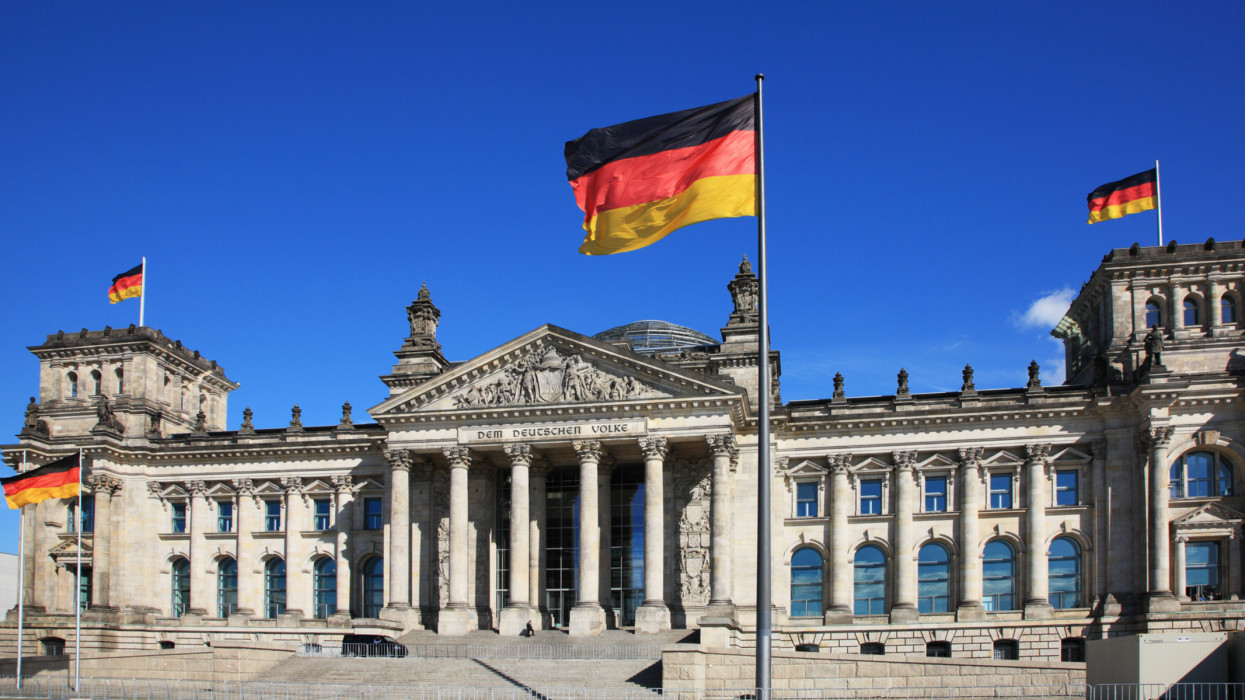The report evaluates the delivery of the objectives set out by the Commission for this period, which were:
- viable food production, with a focus on agricultural income, agricultural productivity and price stability;
- sustainable management of natural resources and climate action, with a focus on greenhouse gas emissions, biodiversity, soil and water;
- balanced territorial development, with a focus on rural employment, promoting growth and reducing poverty in rural areas.
The report concludes that for the 2014-2020 period, the CAP performed well in delivering a fair standard of living for farmers; ensuring a stable, safe and healthy food supply; and providing clear food information to EU consumers. Results in enhancing environmental protection and climate action, however, were mixed.
The report also notes that the potential of the CAP was not fully realised, and that the CAP must do more to support the sustainability of EU agriculture.
Some of the key findings from the CAP performance report are outlined below.
Viable food production
Average EU factor income per worker increased by 15% between 2013 and 2019. Despite this increase, the gap between agricultural income and the average wage in the whole economy remains significant.
Total factor productivity for EU agriculture increased by 6% between 2013 and 2019, and labour productivity increased by 24% between 2014 and 2020.
However, little progress was made regarding the fairness of the distribution of direct payments, with 20% of CAP beneficiaries continuing to receive 80% of payments. This is despite the fact that distribution of CAP support is socially inclusive, with half of beneficiaries being farms of less than five hectares.
Sustainable management of natural resources and climate action
By 2019, 8% of agricultural land in the EU was under organic farming, reflecting a significant increase on previous years. Two thirds of this organically farmed land was granted CAP support in 2019.
Emissions from agriculture are 20% lower than 1990 levels. This decline has stagnated since 2010, but agricultural production has increased by 9%, reflecting a sizeable decrease in emissions per unit of output produced. This indicates that lessons can be learned from efficiency gains, which could provide guidance for the significant improvements needed in the future
Balanced territorial development
Employment in EU agriculture reached 9 million full time equivalents by the end of 2019. The decline in the size of the labour force in EU agriculture slowed to -1.4% per year, down from -3.5% per year in the 2005-2011 period.
The full report is available online.







